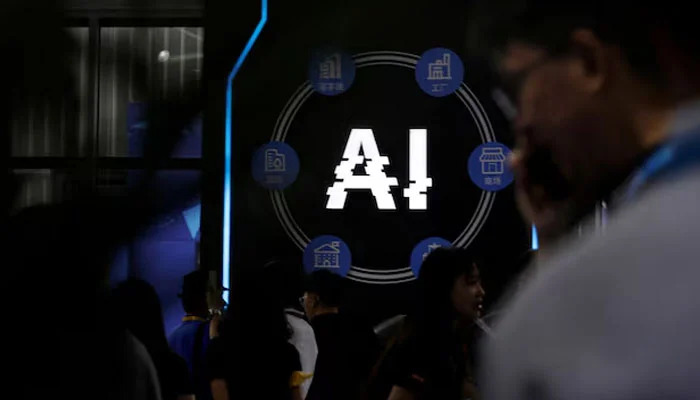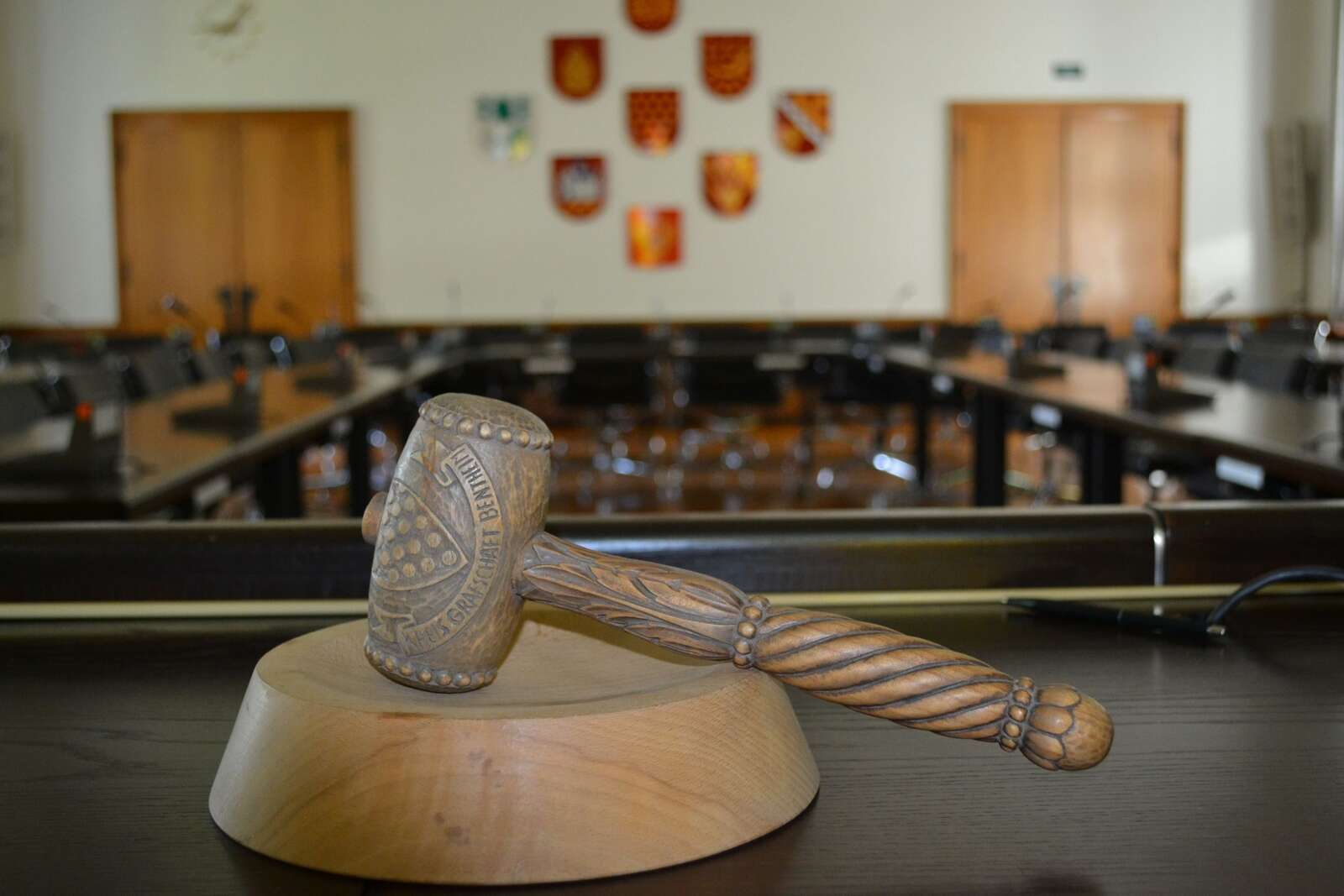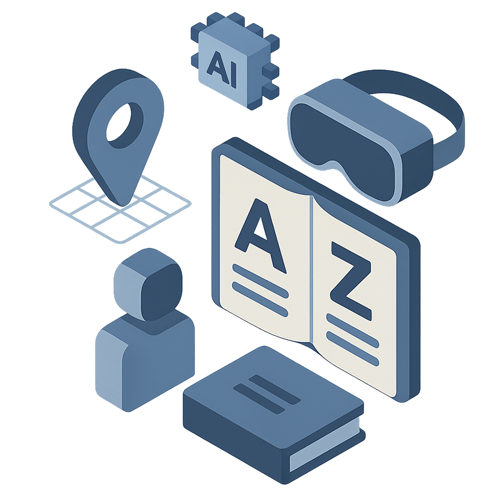Imagine the year 2035. There are no more brick-and-mortar schools or universities. Artificial Intelligence (AI) has made education universally accessible and completely free.
To learn a new skill or earn a degree, one simply voices a prompt. Within moments, through AI-powered smart glasses, you are transported into a fully immersive virtual classroom – perhaps studying astrophysics aboard a space station, taught by none other than Albert Einstein himself. You choose the subject, the instructor – even fictional or historical figures – and the setting. And all of it is free, on demand, and personalized.
This is not science fiction but a highly plausible scenario within the next decade. At the current pace of AI development, combined with virtual reality (VR), augmented reality (AR) and platforms like Meta, the idea of physical classrooms, universities and even human teachers could become obsolete and redundant.
Let’s rewind to today. We stand on the brink of the most dramatic transformation in human history. AI, quantum computing, robotics, genetic engineering, nanotechnology and space exploration are converging, creating an age of exponential progress. Yet, today’s AI, impressive as it seems, is still in its infancy. It’s comparable to the internet in 1992, before Google, Amazon, or Apple became household names.
Consider this: it took personal computers two decades to reach 30 per cent penetration in the US population. Television took 12 years, smartphones seven years, smart speakers four years, but generative AI has surpassed all records, reaching over two billion users globally in under three years.
The race is on. OpenAI, Google, Meta, Microsoft, X and countless startups are investing hundreds of billions of dollars to dominate this space. Within a few short years, we will see the rise of AI-driven companies worth billions, solving problems and reshaping the world in ways previously unimaginable.
In education, AI is already disrupting traditional teaching and learning models. Students can now generate detailed essays, research papers, videos and even code or data visualisations with a simple prompt. There is no need to acquire foundational knowledge. Within a decade, AI is expected to evolve into Artificial Super Intelligence (ASI), capable of performing tasks with the combined intelligence of all of today’s brightest PhDs. In that world, one might reasonably ask: why earn a degree in medicine, law, or engineering if ASI can diagnose, litigate, or design with far greater accuracy and efficiency than any human? Why study at all when the machine can think and perform all tasks for you?
Even today’s AI models, such as ChatGPT-4 and Grok-4, have passed all the toughest standardised tests: SAT, GRE, GMAT, LSAT and the USLME. ChatGPT-4, for instance, performs at the top 10 per cent of GRE test takers and demonstrates IQ-equivalent capabilities in the 120–140 range. Grok-4 released by X last week, claims to be even smarter. Beyond raw intelligence, these AI models can simulate emotional intelligence, offer empathetic responses, and serve as a capable mentor, therapist or counsellor.
At the school level, AI-powered platforms like Khan Academy have already incorporated personalised learning apps. Khanmigo, an AI assistant, can generate lessons in minutes, tasks that take human teachers days or weeks. More importantly, it engages students in problem-solving rather than spoon-feeding answers. It also adapts to individual learning styles, assesses comprehension in real time and extends what a teacher can do tenfold.
However, there is a cautionary note here. Unsupervised use of AI risks killing creativity, critical thinking, and genuine learning. Research indicates that while students using AI may excel in assignments, they often struggle in exams. Over-reliance can lead to intellectual laziness, replacing deep learning with superficial results.
At the university level, the transformation is even more pronounced. Harvard Business School, for instance, reported that AI completed a typical case study, usually requiring up to nine months of research, in just minutes. AI-generated research papers, theses, and dissertations are already flooding academic institutions. While they may meet academic requirements, students may graduate having learned very little and often struggle in real-world job interviews.
Educators too are impacted. AI can now create, administer and grade exams more efficiently than faculty members. In experiments, AI tutors at Harvard consistently outperformed human tutors, delivering faster feedback, personalised insights and even emotional encouragement.
Yet, for developing nations like Pakistan, this revolution presents a unique opportunity. AI can democratise education by leveling the playing field. With AI, a student from a rural setting with minimal resources can access the same quality of instruction and tools as someone in an elite urban school, significantly narrowing the disparity in opportunity. With a smartphone and an internet connection, AI-driven quality education must become a right, not a privilege.
Institutions like the HEC, schools, and universities must now confront an existential question: what will be their role in this rapidly evolving educational landscape? Traditional curricula and methods will quickly become outdated. There is an urgent need to redesign education to prioritise what machines cannot replicate – human creativity, emotional intelligence, moral reasoning and interpersonal connection.
AI is not the enemy of education. Rather, it is a powerful tool that, if used wisely, can usher in an age of personalised, efficient and inclusive learning. But like all tools, its impact depends on how it is used. We must focus not just on learning what to think or how to think, but on cultivating why we think.
In the coming decade, the challenge will not be teaching students facts; they will have access to all the knowledge in the world at their fingertips. The challenge will be teaching them wisdom: how to judge, how to empathise, how to create and how to be human in an increasingly artificial world.
Quelle:
Foto: Visitors stand near a sign of artificial intelligence at an AI robot booth at Security China, an exhibition on public safety and security, in Beijing, China June 7, 2023. —Reuters
https://www.thenews.com.pk/print/1329757-a-new-era-of-learning






